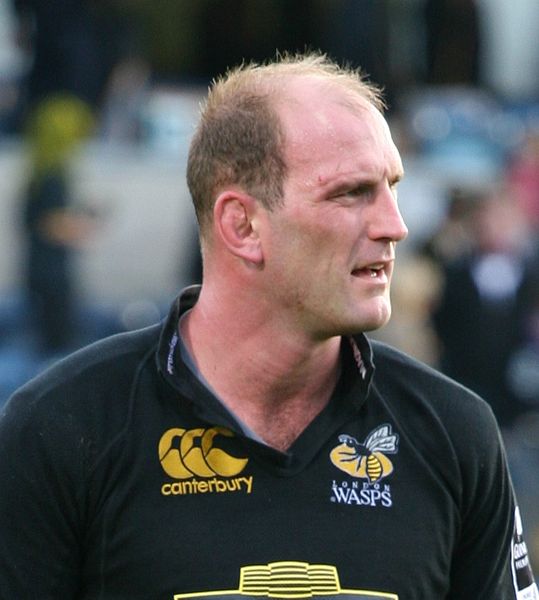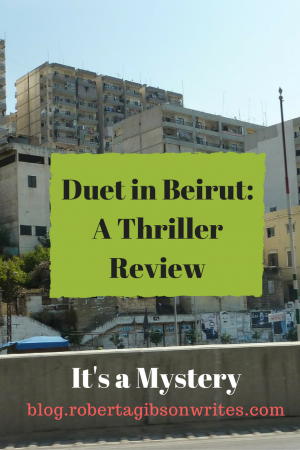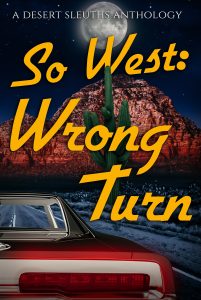Let’s take a look at The Last Child by John Hunt from a Reader’s Perspective.
This post contains spoilers.
John Hunt’s The Last Child*

(*Amazon Affiliate link)
The Last Child, by John Hunt, is the fifth book we have read for the 100 Bestsellers List reading challenge. Like Shutter Island, the first book we read, The Last Child is a Mystery / Thriller, but that’s where the similarity ends. In the first book, U.S. Marshall Teddy Daniels, is sent to Shutter Island, a hospital for the criminally insane, to locate a lost inmate. By the end of the book, though, we come away uncertain about who Teddy really is – the strong, capable law enforcement agent or an inmate himself who created his own reality as a way to deflect dealing with a tragedy in his life.
In The Last Child, Johnny Merrimon is a thirteen-year-old boy who has endured unimaginable losses and pain over the past year – his twin sister, Alyssa, was kidnapped and never found; his father, unable to handle the grief, ran off; his mother, Katherine, has withdrawn into a haze of drugs and alcohol; and his mother’s boyfriend physically and emotionally abuses both Katherine and Johnny. And yet, through it all, Johnny exhibits perseverance, dogged determination, and an inner strength that seems to elude most of the adults in his life. Johnny believes that his twin is still alive, and when a second girl is kidnapped, Johnny redoubles his search for her. This search unearths dark secrets in this small North Carolinian town, secrets others are willing to kill to keep.
Author John Hunt covers a number of adult topics through the character of young Johnny – grief, abuse, sex predators, family love, hope, faith, friendship, sin, courage – topics we don’t want to think that a thirteen-year-old should have to deal with, and yet I found Johnny, both his thoughts and actions, very believable. I felt his pain, understood his determination, marveled at his unfailing belief that his sister was still alive, and hoped beyond hope that he would be able to find her.
I won’t reveal the outcome, but I did appreciate the fact that all the loose ends were neatly tied up at the end of the book. Likely that is one reason I thought The Last Child was the best of the five bestsellers we have read so far – no open-ended, “what to you think happened?” ending.
I also really appreciated Hunt’s ability to write about his native state of North Carolina with such great intimacy. Many scenes in the book take place in the countryside – riverbeds, forests, abandoned homesteads, swamps, old cemeteries – and his writing took me back to childhood hikes through woods, wading in the stream behind our house, and finding refuge in a nearby cemetery. He evoked the smell of a decaying forest bed, the slippery danger of moss along the rocky stream, the sudden warning silences of birds in the trees. The only other author I’ve read recently that really made me “feel” the setting was Pat Conroy with his Prince of Tides.
The Last Child most certainly belongs on this list of 100 Bestsellers, and it will most certainly NOT be the last book I read by John Hunt. I’ve added all of his books to my Goodreads “want to read” list and intend to find the time to read them soon.
What did you think of The Last Child? We’d love to hear your thoughts!
Related posts:
- The Last Child landing page
- Book-beginnings, a discussion of the first line of the novel
- Roberta’s review from a writer’s perspective
After you finish the book, you might want to drop by to take our survey.
You can also join us on social media:
- The Bestseller Code 100 Pinterest Page
- Twitter: #BestsellerCode100
- Facebook: Bestseller Code 100 Reading Group
- The full list is now posted on GoodReads
Do you have suggestions for ways to improve this reading challenge? We’d love to hear them.
_________________
What are we reading next?
If you ever have questions about what we are reading next or when we’re starting the next discussion, check the 100 Book List tab in the navigation bar at the top of the blog.
The next book is number 95 on the list, The Mill River Recluse by Darcie Chan (2011) – Discussion begins January 16, 2017.









